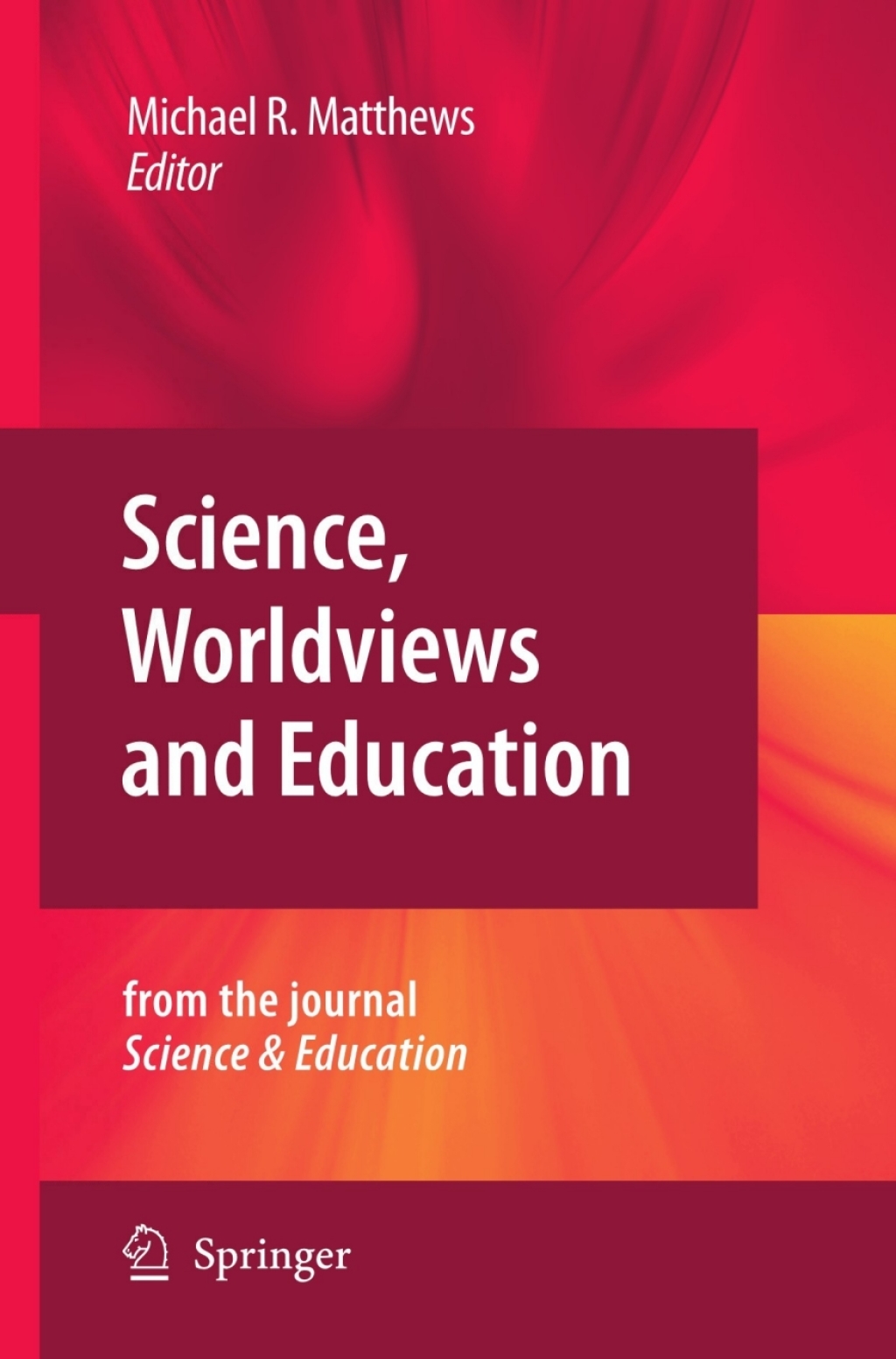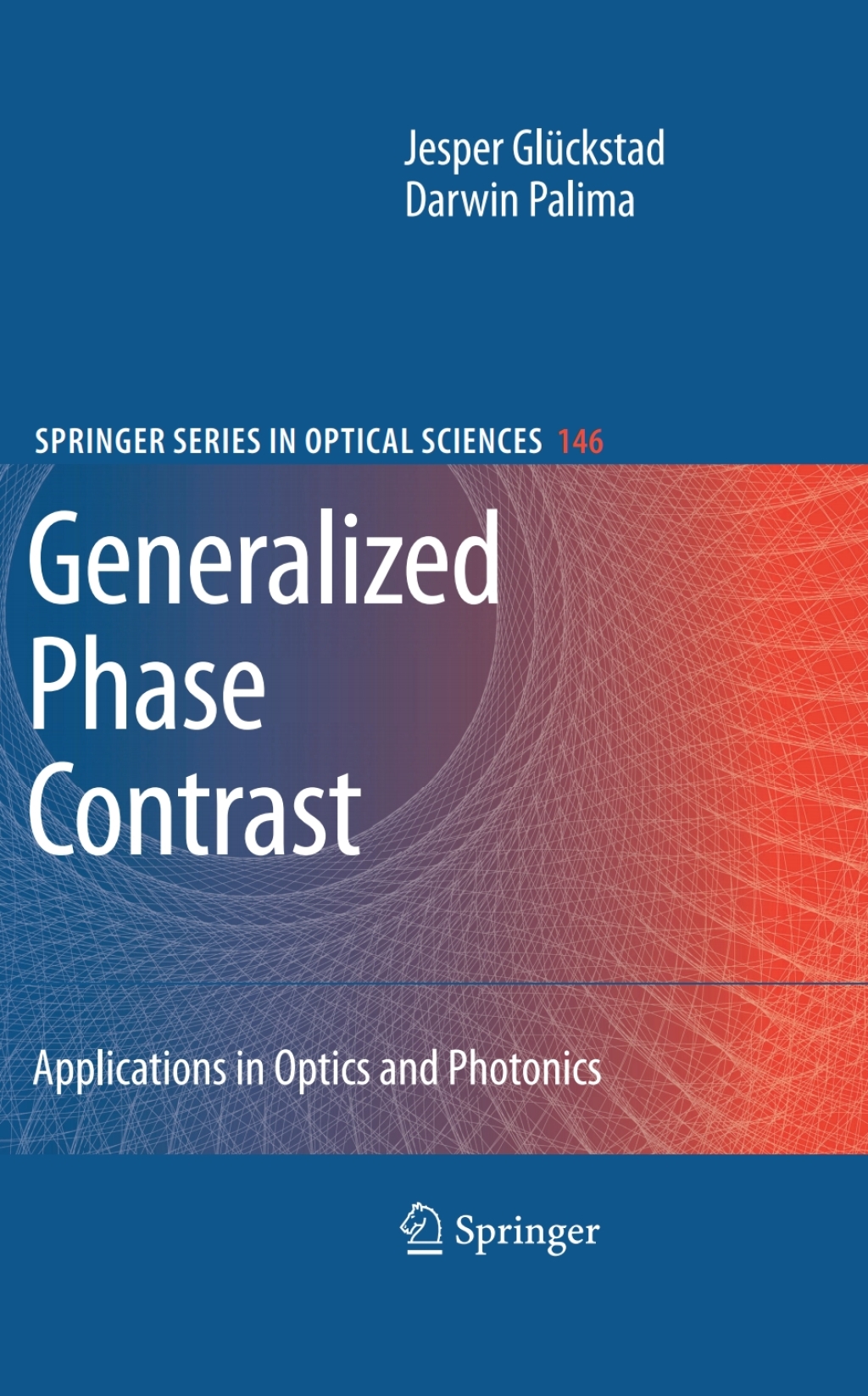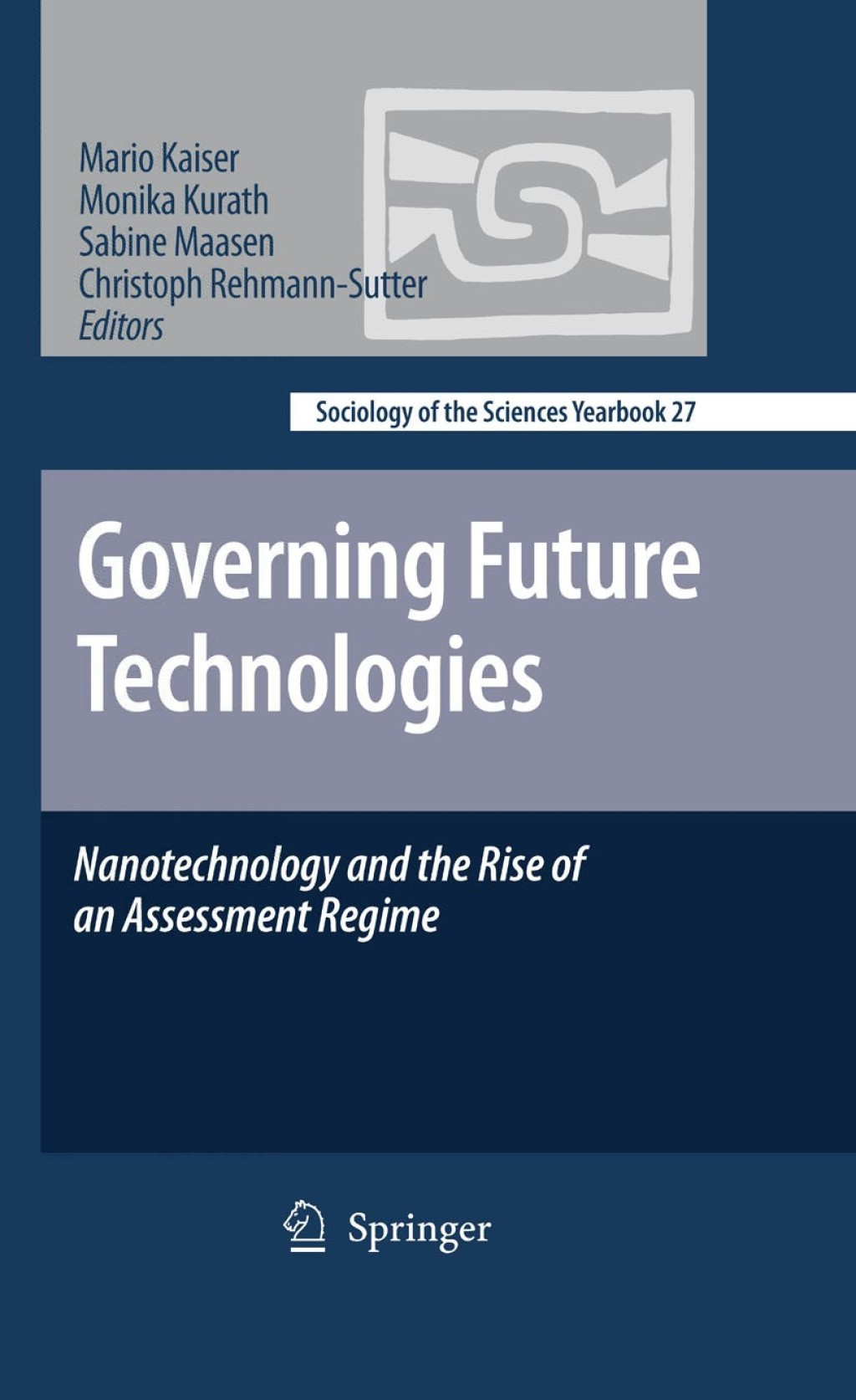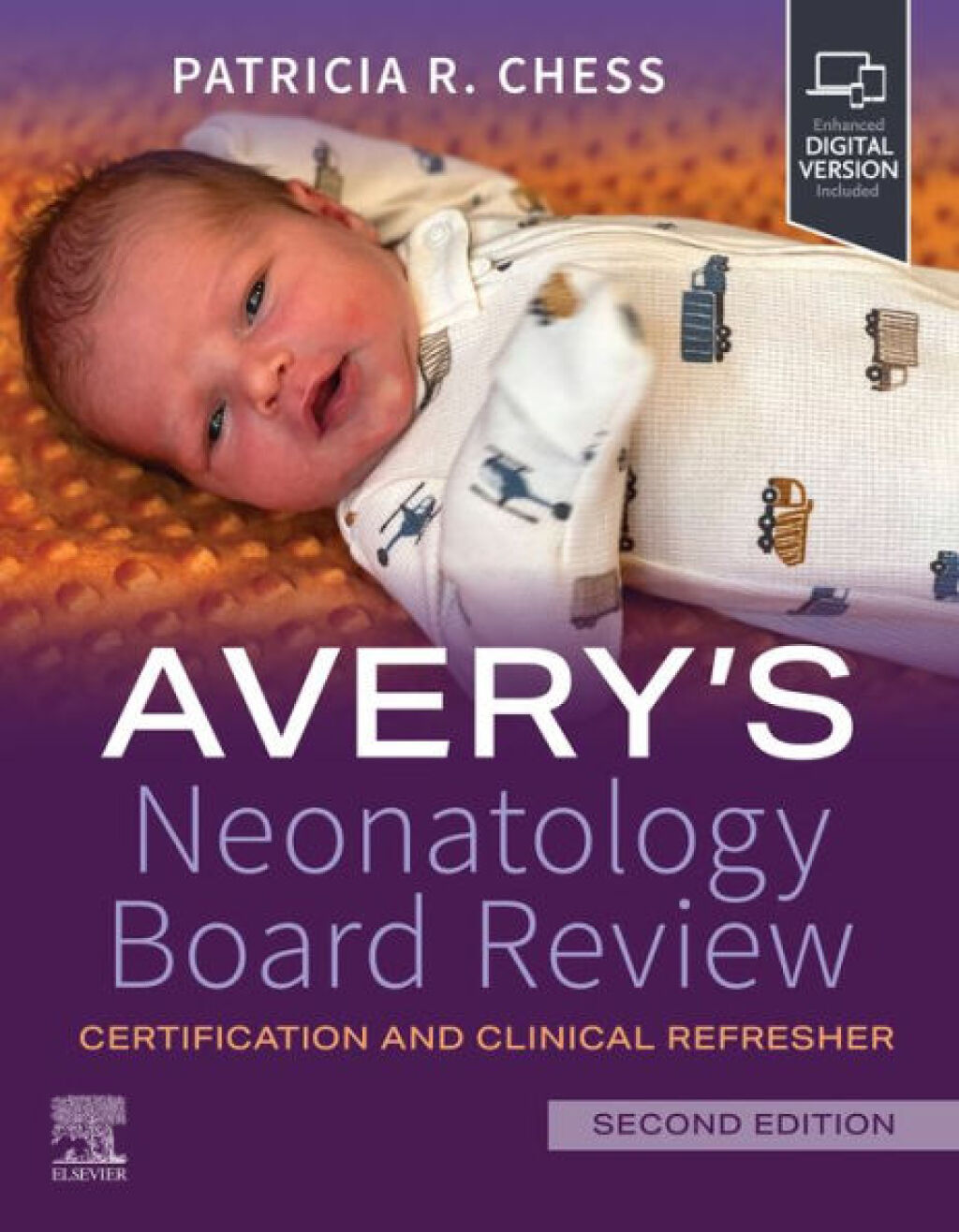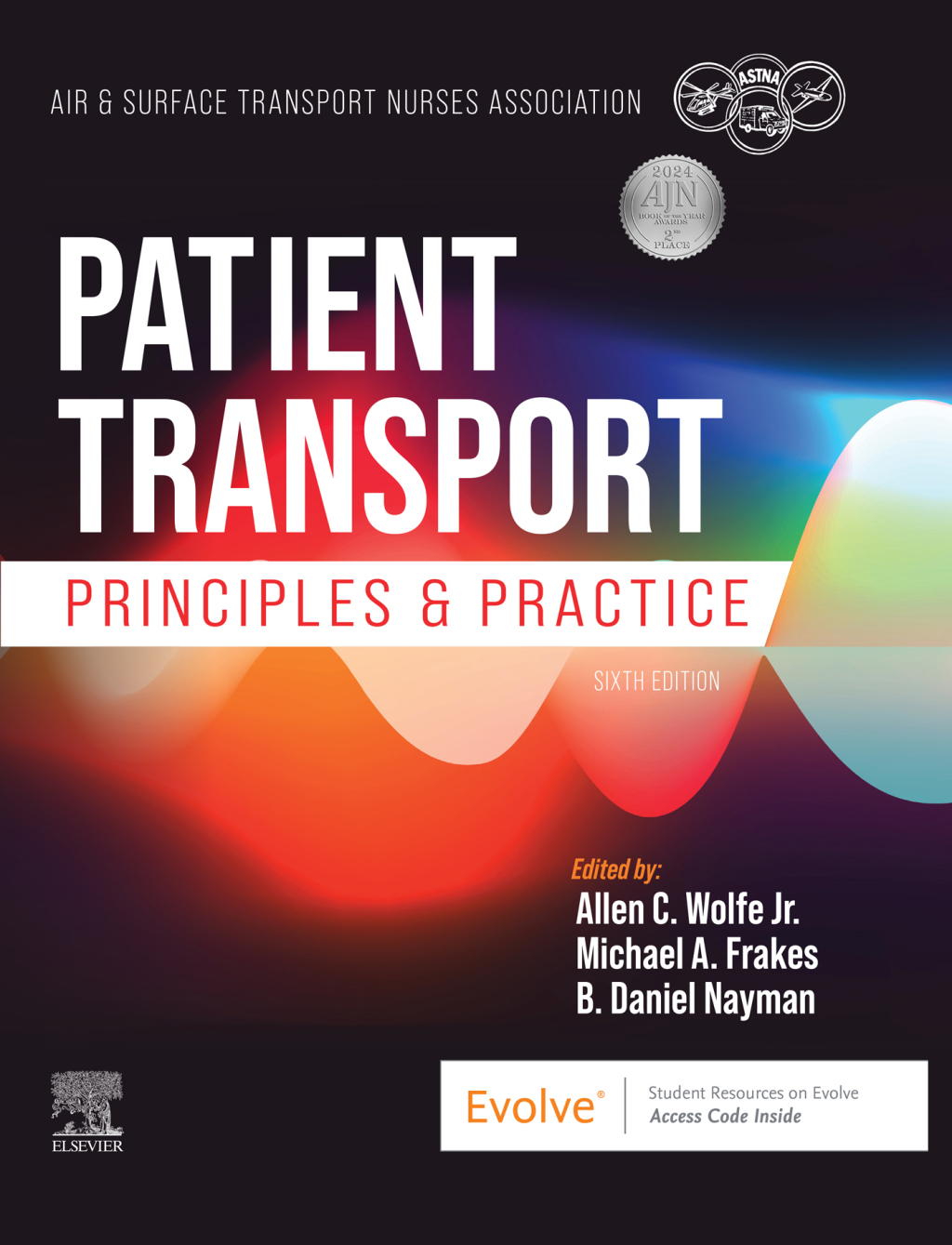Nanotechnology has been the subject of extensive ‘assessment hype,’ unlike any previous field of research and development. A multiplicity of stakeholders have started to analyze the implications of nanotechnology: Technology assessment institutions around the world, non-governmental organizations, think tanks, re-insurance companies, and academics from science and technology studies and applied ethics have turned their attention to this growing field’s implications. In the course of these assessment efforts, a social phenomenon has emerged – a phenomenon the editors define as assessment regime. Despite the variety of organizations, methods, and actors involved in the evaluation and regulation of emerging nanotechnologies, the assessment activities comply with an overarching scientific and political imperative: Innovations are only welcome if they are assessed against the criteria of safety, sustainability, desirability, and acceptability. So far, such deliberations and reflections have played only a subordinate role. This book argues that with the rise of the nanotechnology assessment regime, however, things have changed dramatically: Situated at the crossroads of democratizing science and technology, good governance, and the quest for sustainable innovations, the assessment regime has become constitutive for technological development. The contributions in this book explore and critically analyse nanotechnology’s assessment regime: To what extent is it constitutive for technology in general, for nanotechnology in particular? What social conditions render the regime a phenomenon sui generis? And what are its implications for science and society?
“Essential Decision Making and Clinical Judgement for Nurses 1st Edition” has been added to your cart. View cart
Governing Future Technologies Nanotechnology and the Rise of an Assessment Regime 1st Edition
Author(s): Mario Kaiser; ‎Monika Kurath; ‎Sabine Maasen
Publisher: Springer
ISBN: 9789048128334
Edition: 1st Edition
$39,99
Delivery: This can be downloaded Immediately after purchasing.
Version: Only PDF Version.
Compatible Devices: Can be read on any device (Kindle, NOOK, Android/IOS devices, Windows, MAC)
Quality: High Quality. No missing contents. Printable
Recommended Software: Check here

